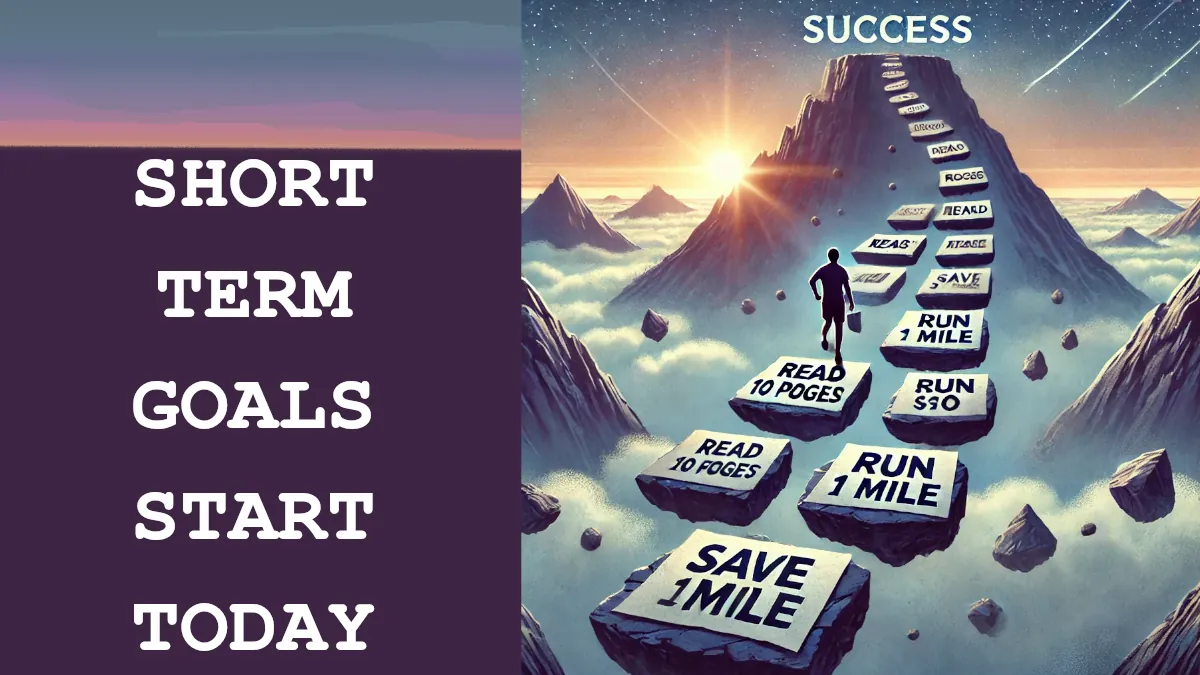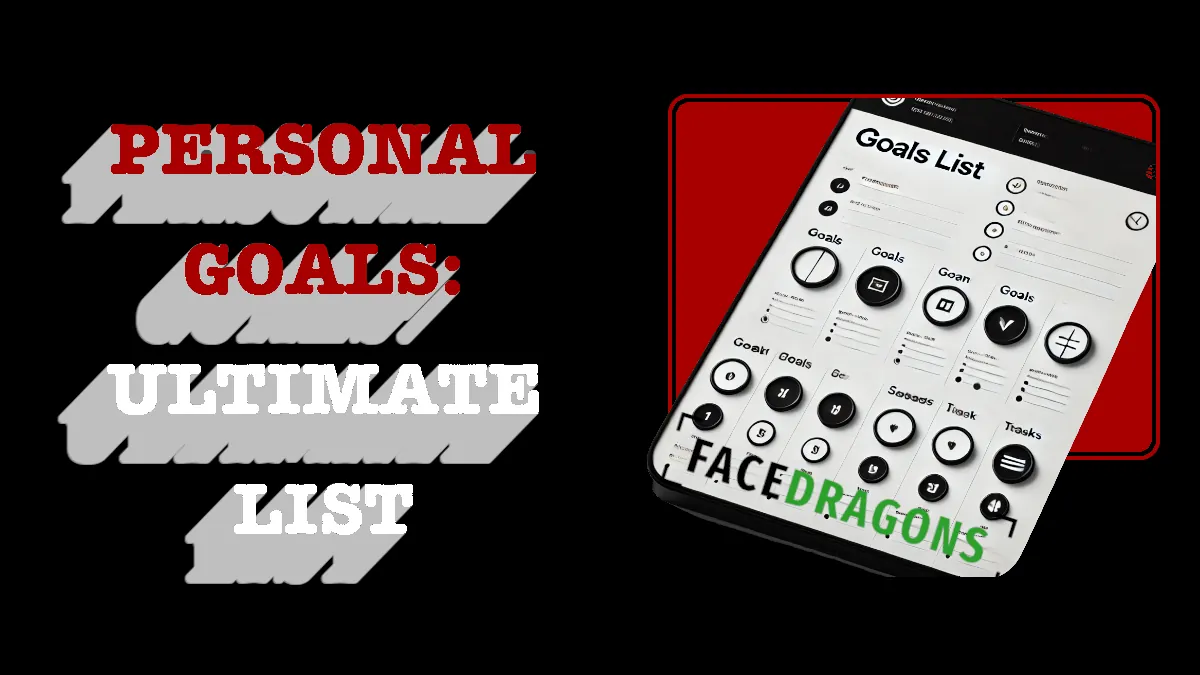Journal writing is a fantastic habit to inspire our future selves or as a memoir to look back on. Finding things to write about isn’t always easy though. Sometimes you need a list of journaling prompts, or writing topics to get you started on your journaling journey. These are the best journaling ideas to help you get pen to paper.
All the writing ideas you could need for your next journal entry are below and if you need a prompt, you’ll find that too. But before you start your journal pages, why is keeping a journal good for you anyway?
Table of Contents
- Why Is Journaling Good for You?
- Journaling App or a Notebook Diary?
- Journaling Ideas for Students
- Journaling Ideas for Productivity
- Journaling Ideas for Self Improvement
- Journaling Ideas for Adults
- Journaling Ideas for Anxiety and Mental Health
- Journaling Ideas for Growth
- Read This Next
Why Is Journaling Good for You?
So much has been said about journaling and its good effects that it is difficult to know what is fact and what is psychological pseudo-science. So here are the science-backed reasons that you should keep a journal:
Journaling Keeps you mentally healthy
In this often-cited 2006 study, researchers found that 15 minutes of journaling was enough to reduce psychological symptoms such as stress, depression, and anxiety. This 2018 study found similar results.
Just like talking about painful episodes in your life with a psychologist or therapist can be therapeutic, so too can jotting them down in a journal. Journal keeping also promotes well-being by creating a safe space for you to express your negative emotions or embarrassing or stressful situations.
Journaling Improves Your Memory
“Improved working memory” was one of the benefits listed in this study on journaling or expressive writing.
It’s not hard to see why, if you daily spend a few minutes writing the events of the day, you are replaying them in your mind and thinking about them which increases the connections to those memories in the brain.
Additionally, when you, in the future, go back and read those diary entries, you will recall the events much more easily.
Journaling Focuses Your Thinking Making You More Successful
Do you need to journal to be successful? No, of course not. But it’s no coincidence that many of the world’s most successful people have kept diaries.
Marcus Aurelius, Julius Caesar, David Allen, Thomas Jefferson, etc. from emperors to productivity gurus and presidents, they’ve all taken the time to jot down their thoughts in a personal journal.
By writing down your thoughts, you become much clearer about what you think. You become more honest with yourself and your ideas become crystalized, perfect for taking action.
Journaling App or a Notebook Diary?
My three recommendations are:
- Obsidian.md
- A Bullet Journal
- Google Docs, Microsoft Office Online etc.
There are three things to think about when choosing a journaling application or medium.
- Content or subject matter
- Longevity
- Accessibility
Content & Subject Matter
David Allen, the author of Getting Things Done, tells us he keeps two journals, “One in a word processing document and a second in a leather-bound journal.” The former is for recording the events of the day, while the latter is more personal and spiritually focused. He continues, “I don’t know exactly why, I just find it matches the energy of the content.”
There are so many choices when it comes to storing your journal or diary entries and like David Allen, you should try to match the medium with the content. So before you start searching the app store, think about what you want to keep in your journal.
Longevity
You may recognize the name ASCII but aren’t exactly sure what it is. ASCII is one of the first standards for digital text. It’s the reason you can open a text file from 1963 and be able to read it.
If your diary entries are all locked up inside an application on your phone, what happens when the phone dies, the app stops being developed, or IOS or android gets replaced?
There are two formats that will stand the test of time
- Plain text files
- Handwritten entries
Accessibility
Whatever you decide to use for your diary, you need to have access to it when you need it.
If you like to write journal entries whenever inspiration strikes, you need something that’s always with you, like an app on your phone.
If you only write in your journal in the evenings at home then you might want something that stays on your writing desk like a notebook.
Journaling Ideas for Students
Write to yourself in the future
Writing to yourself in the future isn’t only a creative writing exercise but it can also be a way to crystalize what is important to you now. Tell your future self some of the things they have already forgotten about who you are. Ask them about the accomplishments they have made that are still in front of you.
Make a List
- To-read List
- To-watch List
- Place You Want to Go
- Bucket list or life goals list
Keep a Log of your Studies
A log of which classes you’ve taken and takeaways from each class is a great supplement to your academic studies. Here is an outline that might work for you:
- Today’s Classes
- Main Takeaways
- Further Reading
Journal Prompts for Students
- “I’m studying this because…”
- “I should study harder so I can…”
- “Compared to last year, I know much more about…”
Journaling Ideas for Productivity
Write out your goals
In 10X, Grant Cardone says that he writes down his personal goals every single day and has done for years. He credits his success to writing down his goals daily and tells us that we should do the same.
Writing your goals down every day does a few things:
- It keeps your goals at the forefront of your mind
- It will change your behavior
- It will motivate you to work on your goals
Bullet Journaling
You might be wondering how a bullet journal differs from a regular journal.
Bullet journaling is highly focused on what you do, rather than what you think or feel. In your Bullet Journal, you “rapid log” tasks as you do them (or just afterward.) This creates a log of everything you have done that day. Rapid logging is combined with task lists for a huge productivity boost.
The task list tells you what to do and rapid logging keeps you accountable.
Starting your own Bullet Journal only takes a few minutes.
Write Your Eulogy
Writing your eulogy is a great exercise in thinking about who you wish to become. You can think about your life across different areas and what you would like to achieve in each area and what you want to be remembered for.
Though it might seem a little depressing, writing a eulogy can be cathartic.
Writing Prompts for Productivity
- “Three things that are ruining my productivity are…”
- “I could do more if I…”
- “The project I should focus on is…”
Journaling Ideas for Self Improvement
Write Positive Affirmations
Positive affirmations are powerful catalysts to create change in your life. Similar to writing your goals down every day, by writing affirming sentences, you give yourself the confidence and reminder of who you want to be.
“I am a good student, I go to all my lectures.”
“I am likable, I get on with people and enjoy being around them”
“I’m a doer, I work toward my goals every day”
Write a Letter to Your Younger Self
Address the letter to yourself and imagine yourself in real time and place in the past. It might be while you are at school at 13 years old. It might be your first day of college or the day you got married. Knowing what you know now, what would you say to that version of yourself?
Write to an Imaginary Friend
No one is going to see your journal unless you show it to them so you can address your entries to an imaginary friend or anyone you want. The main benefit of writing to someone is that it’s easier to start writing when you need to tell someone about what you have done recently.
You can start your letter by telling your imaginary friends where you’ve been, what you’ve done and with who you’ve spent your time. This helps you to avoid writer’s block and get started quickly. Recounting recent events is known to have a therapeutic effect and any events which stick out to you you can describe in more detail and talk about how they made you feel in the moment and how you feel about them now.
Writing a journal like this is similar to a therapy session with a therapist. They will usually start by asking you what’s on your mind and how those things make you feel. So be your own therapist by writing a letter to an imaginary friend.
Journal Writing Prompts for Self Development
- “The three things that would make the biggest difference to my life are…”
- “My worst habit is…”
- “In five years I wish I am…”
Journaling Ideas for Adults
Keep a Food Diary
A food diary can be lots of fun, use a note-taking app that supports images so you can take photos of what you’ve eaten. You won’t need to describe every meal if you have a picture of it and can instead focus on how you feel.
There are lots of reasons to keep a diary of what you eat:
- To lose weight
- To discover an intolerance
- To motivate you with a new diet like keto
- To help build muscle mass
- To find a cause of pain or discomfort
Write to Your Child
When my son was born, I set up an email account for him and would occasionally write him an email. I’d tell him what we had done together that day, about milestones and about my hopes for his future. He’s ten years old now and I still send him emails.
When he’s 18 I’ll give him the account and password.
You can easily create a similar journaling opportunity, even if you don’t have children yet. Start making journal entries for your unborn children. You could buy a notebook to keep them in, go digital, or use email like me.
Travel Journal
Keeping a diary of everything you do while on vacation is a great way to hold onto your travel memories
A travel journal is perfect for you if you regularly visit new places or have a digital slomad lifestyle. But you don’t have to be on a constant world tour to keep a travel journal.
You can keep a travel journal even if you don’t leave your hometown. The most important thing is to write in the spirit of exploration. So why not try a new restaurant nearby or go across town and spend the day chilling out somewhere new?
Simple Prompts for Adults
- “The next part of my life will be all about…”
- “I should spend more time with…”
- “One way I can give back is to…”
Journaling Ideas for Anxiety and Mental Health
Journal About How You Feel
A simple way to write a diary like this is to start every page with “Today I feel…” and continue the sentence. Be honest with yourself, even if it’s just one sentence.
After some time you may start to notice patterns in how you feel. For example, you may be more depressed on the weekends, or in the colder months. It is comforting to know that there is a reason for feeling certain and that on Monday (or in the spring) you’ll feel different.
Start a Gratitude Journal
Practicing gratitude can be done in many different ways, many practice through prayer, meditation, or in their thoughts. A good way to make your gratitude practice more concrete is to write what you’re grateful for in your journal.
You can use these prompts to help you:
- “Who am I grateful for today?”
- “What experience am I grateful for today?”
- “What made me happy to be alive today?”
- “What possession could I not live without?”
Try imagining how your life would be different if you didn’t have that person, thing or experience in your life.
Write One Sentence a Day
This is the perfect way for a beginner to start a journal. One sentence is a really small commitment so there’s little chance that you won’t be able to do it.
Summing up a whole day in a single sentence can be a challenge. So although the writing itself won’t take long, it will force you to really think about your day and boil it down to the essence.
If you’re not sure how to start or what to write, try one of the journaling ideas below.
What should they do more?
What should they quit doing?
A List of Prompts for Mental Health
- “I’m not the same person as five years ago because…”
- “I can cope with anything when I…”
- “Who is someone I can always turn to?”
Journaling Ideas for Growth
Write to God
Journaling can also be a form of prayer. By addressing God in your journal, you can strengthen your relationship with your maker, express gratitude, and examine your life on a spiritual level.
Reading Log
Everyone wants to read more and retain what they read, with a reading log, you’ll have a record of everything you’ve ever read.
A reading log is perfect if you are trying to build a reading habit or have struggled to stay consistent in the past.
Free Writing
In free writing, you start jotting your ideas down in a non-stop flow of sentences and paragraphs. The idea is to not think about what you’re jotting down and to let it flow freely.
If you try free writing and find yourself not sure how to start or get stuck in the middle you can either repeatedly write the subject or topic, or you can write something like, “I’m writing this while I wait for inspiration about…” As long as you don’t stop writing, something will come.
Creative Prompts for Personal Growth
- “I should do more…”
- “I need to learn more about…”
- “The skill I admire most in other people is…”








